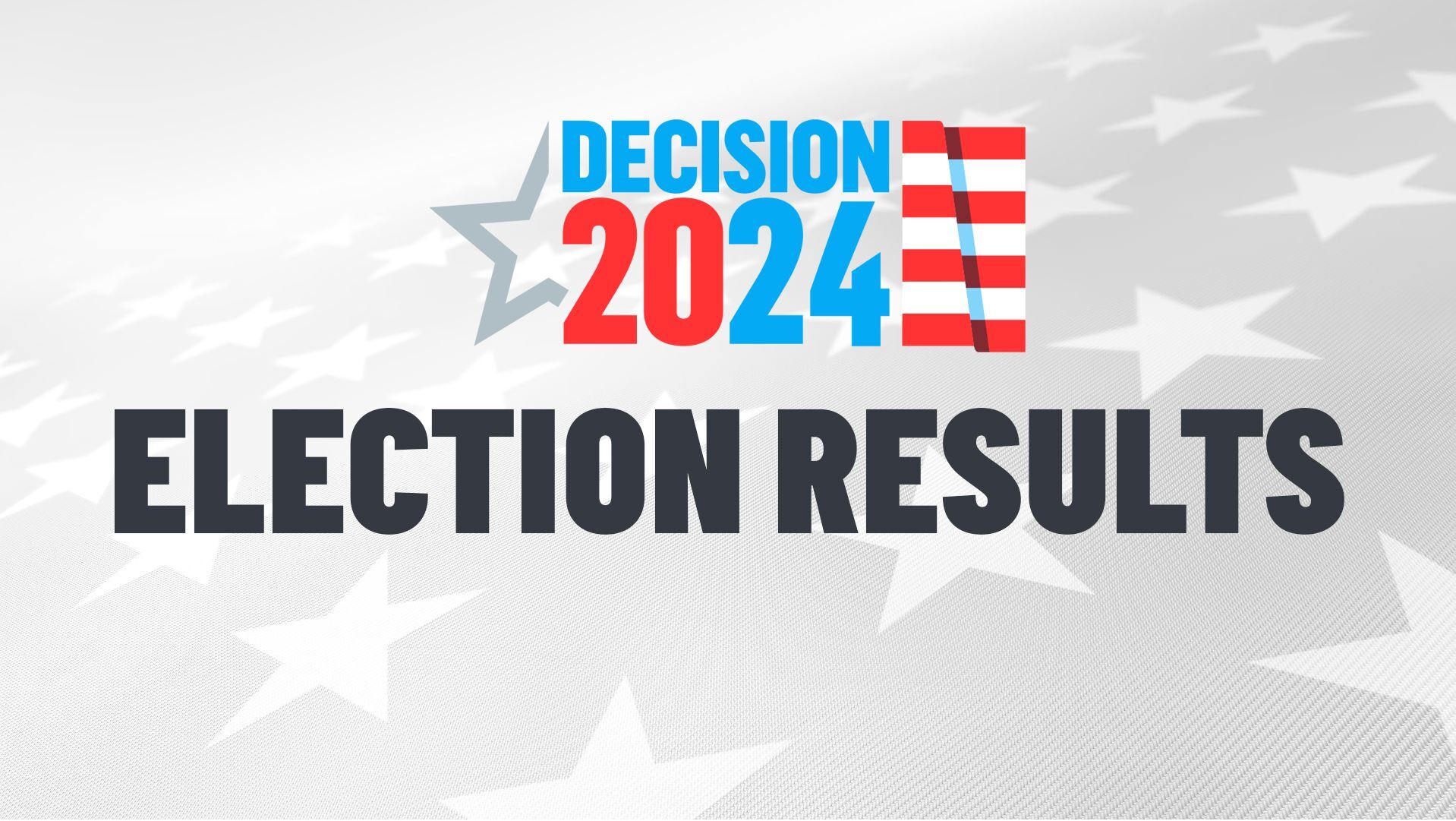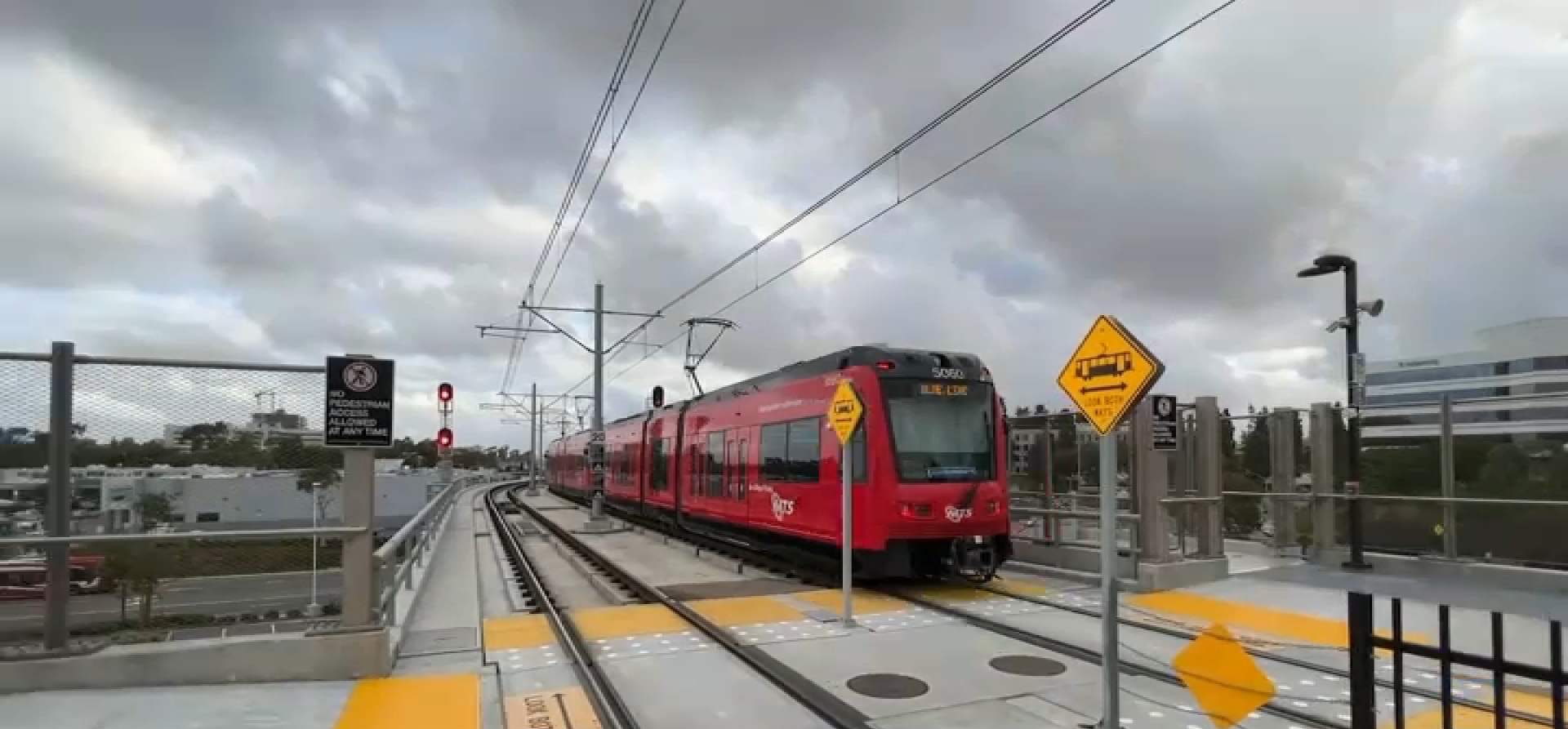
Early election results Tuesday evening appear to have San Diegans rejecting a ballot measure intended to increase sales tax in the city to raise $400 million for city infrastructure needs -- but the tally remains close.
Measure E, known as the San Diego Transaction and Use Tax, would increase the tax on transactions in the city by 1%, bringing the total sales tax to 8.75%. The current rate in the city, 7.75%, leaves the city tied for the fourth-lowest of the state's 482 municipalities and lower than nine of the county's 18 cities, according to the California Department of Tax and Fee Administration.
Here are the results so far:
Get top local stories in San Diego delivered to you every morning. Sign up for NBC San Diego's News Headlines newsletter.
The additional $400 million raised by the proposal can legally go to a wide range of city needs, including infrastructure projects, core services and general city needs -- money desperately needed to maintain San Diego, officials say.
"In its Fiscal Year 2025-2029 Five-Year Capital Infrastructure Planning Outlook, the city has identified critical infrastructure maintenance and construction needs in areas such as the city's roads, sidewalks, streetlights, parks, libraries, and other facilities totaling $9.25 billion over the next five fiscal years, which amount does not include the costs of maintaining public safety services like police, fire, and emergency services," reads a city policy paper.
Other cities in San Diego County also have money on the ballot, with El Cajon, La Mesa, Oceanside looking for renewals of existing sales taxes and cities such as Encinitas, Escondido, Lemon Grove, San Marcos, Santee and the county of San Diego seeking to add additional taxes.
Local
Click here for results for all California propositions and measures
All of these proposals have a time limit, ranging from 10-20 years. The city of San Diego's ballot measure will continue, "until ended by voters, requiring citizen oversight and independent audits," the ballot measure reads. The open-endedness of the timeline and what the funds could potentially be used for has opponents worried about its scope.
"The San Diego County Taxpayers Association opposes the proposed San Diego Transaction and Use Tax due to concerns about the city's history of poor performance and continued management failures," an organization white paper read. "Given this history, the absence of expected accountability and transparency measures, such as a sunset clause, is particularly troubling."
The two other city measures on Tuesday's ballot in the city included:
Measure C, which appears to have passed with 69.4% of the vote, will eliminate the need for San Diego Unified School District Board of Education primary elections when two or fewer candidates are running for a position. The candidates would automatically move to a general election
And, Measure D, proposed by City Attorney Mara Elliott, will likely pass with a huge 72.6% lead. It seeks to make the city's Ethics Commission more independent from political machinations. If passed, the measure would allow the commission to be eliminated by voter approval only, and would allow the commission to appoint its own executive director without City Council approval, initiate its own investigations and law enforcement referrals, have expressly defined qualifications and term limits, and is provided "sufficient resources," the ballot measure reads.



